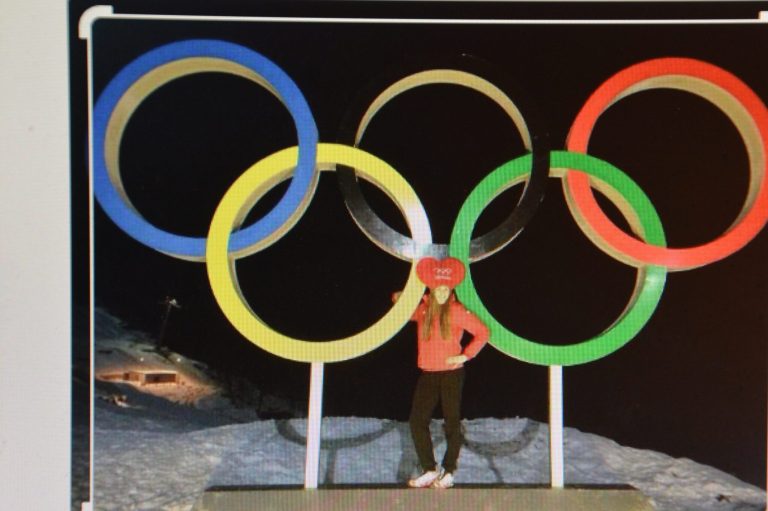
The television ads are already starting for the Summer Olympics in Paris this year despite the fact that it’s four months away. The Olympics is always one of the most riveting sporting events, attracting billions of television viewers and millions of onsite spectators. There will be 10,500 athletes performing in 329 events at 41 different sites around Paris in sports ranging from gymnastics, track and field, volleyball, cycling, soccer, rowing, sailing, tennis and golf, to name a few.
The Olympics plugs into nationalistic fervor, displays national identity and demonstrates a variety of national character traits such as the ability to withstand pressure, show grit, demonstrate resilience, patience as well as pain tolerance and aggression.
It is of interest to explore how athletes from different nations cope with the extreme anxiety and stress while performing in front of millions. The simple answer is that they use defense mechanisms, things everyone uses to manage the stress of daily life. Examples of defenses include repression, regression, acting out, rationalization, psychosomatics, drinking, humor, altruism, asceticism, anticipation and self-observation. Here are a few examples of the way great athletes deal with stress :
- The European athlete and altruism: It is by now a well-known fact in golfing circles that despite being underdogs in the Ryder Cup, whenever Europe squares off with American golfers, Team Europe usually wins. The European golfer tends to be more team-oriented, selfless and giving to their team. This is a working definition of altruism, a mature defense, and it helps them to feel bonded, safe and relaxed.
- Hispanic athletes and humor: A friend of mine is from Mexico and he describes the national character of Hispanics as having the ability to “laugh through the pain.” This is well put and good examples of great athletes who used humor was “The Merry Mex” Lee Trevino, Chi Chi Rogriguez. I knew Angel Cordero, the famed Puerto Rican jockey who impressed me as kind, generous and light-hearted.
- The Japanese athletes with a smile: The good example of a great Japanese athlete is Naomi Osaka, who is from Japan and rose to the top of the tennis world by the age of 21. The Japanese have a great work ethic and can tolerate pain without complaint, but the noteworthy defense she possessed that was not useful to her was reaction formation. This defense is defined as the inability to get in touch with anger or aggression and so the athlete tends to be passive, soft spoken, smiling and demure. A good example of a symbol of passivity or reaction formation is the Japanese Hello Kitty, the cute cartoon pussy cat with no mouth. Osaka repressed her aggression so much that she wound up getting depressed and quitting tennis by the age of 21.
- The Korean athlete’s ability to suppress worry. A primary reason that South Korean women dominate the LPGA is because they are so good at suppressing anxiety in order to remain calm, cool and collected. Golf requires steady nerves. If the athlete can remain calm and not think about the outcome or the pressure they will do well in golf and game that takes five hours to play and provides ample opportunities to worry in the five minutes between shots.
- The American super star athlete and the defense of narcissism. American exceptionalism has somehow morphed into narcissism and this is well demonstrated by American super star athletes who are known to be arrogant, entitled and grandiose. This defense does create a sense of confidence and superiority which is needed in sports. The down side of this defense is seen when the American athlete fails to win. Their reaction is usual rage and self-hatred, which will either be acted out by breaking clubs or smashing hotel rooms or conversely by soothing the rage with alcohol.
Of course, adults use more than one kind of defense to cope with anxiety, but it does appear that each nation has its own history and its own way of teaching its children how to manage life’s stress. So tune into the Olympics or better yet book a flight to Paris this summer and watch how each nation’s athletes manage their stress. The summer Games promise to be the best. I have heard that the opening ceremony will not take place in a stadium but will be along the banks of the Seine to accommodate the millions who will be there to watch.






